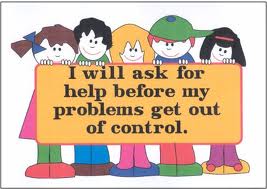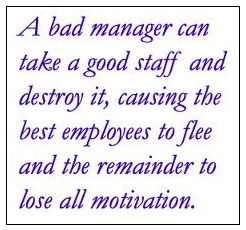How to Deal with Other’s Incompetence – 5 Tips
I work on multiple initiatives simultaneously at my current job. Some of them are long term, big projects, and some of them are smaller projects under one big program. Two of these smaller projects have given me serious headaches and stress in the past few days.
Why? Because the key people I work with on these two projects: ...



